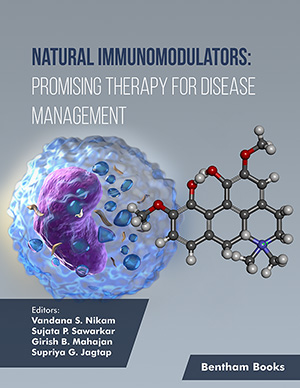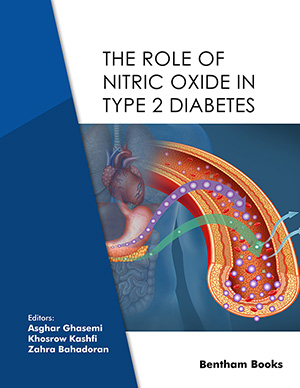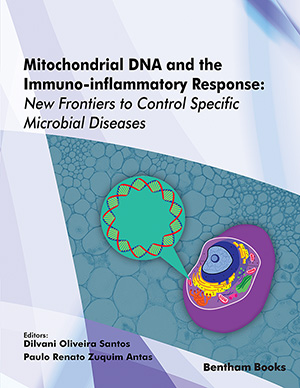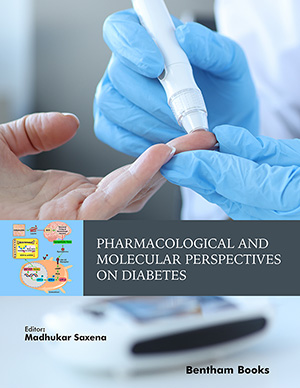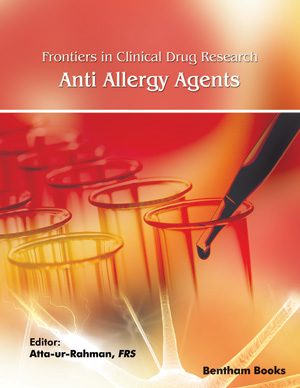
Abstract
Diabetes mellitus occurs when pancreatic β-cell performance is compromised, due to either loss of the β-cell mass and/or decreased β-cell function. The regeneration of β-cells in vivo is providing a novel potential therapeutic approach to replace the β-cells lost by autoimmune destruction in type 1 diabetes; or restore the β-cell mass and β-cell function damaged by the failure of compensation in type 2 diabetes. The data obtained from the rodents indicate that adult β-cells replicate primarily from pre-existing β-cells, rather than from non-β-cell precursors. Furthermore, the β-cell replication is regulated sensitively by specific cellular factors. The positive results from the combination therapy of the gastrin-based, plus biological factors are attracting more attention. The evidences have implied that this might be an important step in curing diabetes, rather than just lowering the blood glucose level by the administration of oral hypoglycemic drugs or the exogenous insulin injection for the patients with diabetes. The present review summarizes the advances and recent patents in the field of β-cell replication in vivo and the regulation of β-cell renewal.
Keywords: Diabetes, islet, β-cells, proliferation, β-cell regeneration, β-cell apoptosis
 8
8















